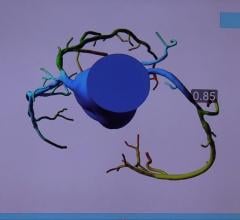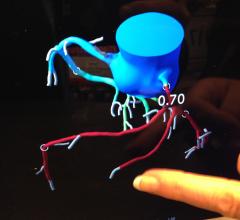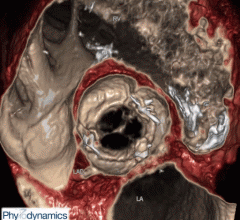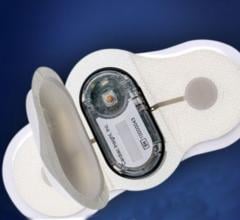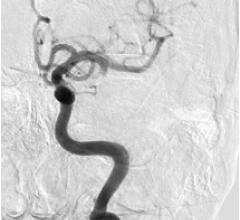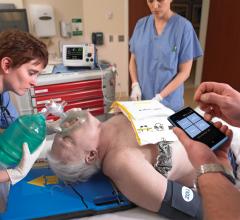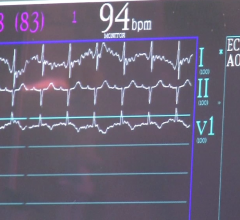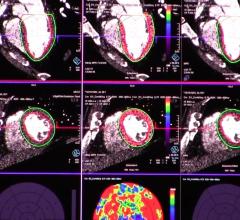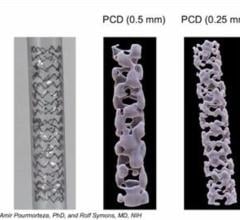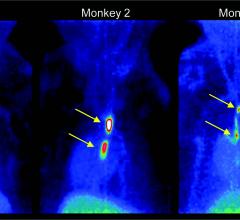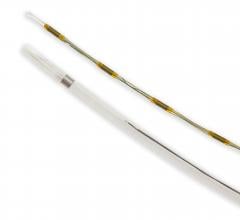William Abraham, M.D., director of the Division of Cardiovascular Medicine at The Ohio State University Wexner Medical ...
Randall Thompson, M.D., outlines three new CPT codes for FFR-CT, a smart phone-based single-lead ECG system and PET ...
June 12, 2017 — Researchers have evaluated the long-term efficacy and safety of long-duration dual anti-platelet therapy ...
Providing exceptional cardiovascular care for patients to achieve the best possible outcomes is the number one goal for ...
July 12, 2017 — The American Medical Association (AMA) has granted a Category III Tracking Code for estimated coronary ...
July 12, 2017 — At the 2017 annual meeting for the Society of Cardiovascular Computed Tomography (SCCT), Ziosoft showed ...
July 12, 2017 — Cardiac Insight Inc., a U.S. developer of wearable medical devices and diagnostic software, announced ...
Cardiac positron emission tomography (PET) is growing in popularity among cardiologists because it provides the ability ...
July 12, 2017 — SanBio Inc. recently announced it has been awarded a $20 million grant from the California Institute of ...
The incidence of sudden cardiac arrest, an often deadly loss of heart function, declined significantly among previously uninsured adults who acquired health insurance through the Affordable Care Act, a new study shows.
iRhythm Technologies Inc. announced a collaboration with the Stanford Machine Learning Group that has resulted in the development of a deep learning algorithm capable of expert-level detection of 14 cardiac output classes, including 12 arrhythmias as well as sinus rhythm and noise from artifact. The collaboration leveraged the iRhythm data science and clinical teams’ expertise in electrocardiogram (ECG) analysis, as well as iRhythm’s expansive labeled electrocardiogram (ECG) dataset to produce an arrhythmia detection algorithm. The classifications include atrial fibrillation, atrial flutter, complete heart block, second degree AV block and ventricular tachycardia, among others.
When performing radiofrequency (RF) ablation to treat cardiac arrhythmia, medical professionals must balance the safety ...
Todd Villines, M.D., FACC, FAHA, FSCCT, director of cardiac CT, Georgetown Medical Center, and president of the Society of Cardiovascular CT (SCCT), discusses evidence being presented over the past several years for the use of cardiac CT at SCCT 2017.
David Bluemke, M.D., Ph.D., FAHA, professor of radiology, University of Wisconsin - Madison, incoming editor of RSNA’s ...
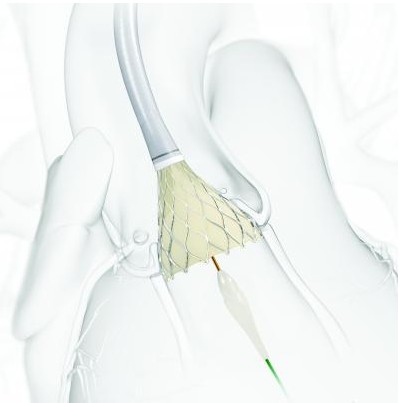
The U.S. Food and Drug Administration (FDA) has cleared an additional indication to expand the use Medtronic's self-expanding CoreValve Evolut transcatheter aortic valve replacement (TAVR) platform to patients deemed to be at intermediate risk for open-heart surgery.
Change Healthcare Cardiology Hemodynamics is an integrated hemodynamic monitoring system for monitoring vital signs and ...
Blood clots in veins and arteries can lead to heart attack, stroke and pulmonary embolism, which are major causes of mortality. In the featured article of The Journal of Nuclear Medicine’s (JNM) July 2017 issue, German researchers show that targeting GPIIb/IIIa receptors, the key receptor involved in platelet clumping, with a fluorine-18 (18F) labeled ligand is a promising approach for diagnostic imaging. Current imaging modalities rely on structural characteristics, such as vascular flow impairment, and do not address the critical molecular components.
Researchers at the George Washington University (GW) found that certain symptoms are more and less predictive of patients’ risk for acute coronary syndrome (ACS), which includes heart attack, in patients of different gender and race.
BTG plc recently highlighted the results of the ACCESS PTS trial, presented at the Society for Vascular Medicine 28th Annual Scientific Sessions, June 14-17 in New Orleans. The study found chronic deep vein thrombosis (DVT) patients with post-thrombotic syndrome (PTS) can be treated safely and effectively with Ekos therapy. The ACCESS PTS protocol using Ekos therapy is now the only treatment regimen proven to significantly reduce the signs and symptoms of PTS and show a significant improvement in quality of life, according to the company.

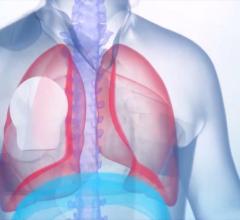
 July 13, 2017
July 13, 2017
